 South Windsor Plumbers
South Windsor Plumbers
 South Windsor Plumbers
South Windsor Plumbers
Rainwater Harvesting Systems is an environmentally focused plumbing service that includes the installation and design of systems to gather, hold, and utilize rainwater for non-potable purposes. These systems typically feature storage tanks, catchment areas, and filters, enabling sustainable water use in irrigation, flushing, and cleaning. Properly configured systems lower utility costs and promote water conservation
We provide top-quality Plumbing services throughout Hartford County. Whether you need help with Rainwater Harvesting Systems or other issues, our Pros is ready.
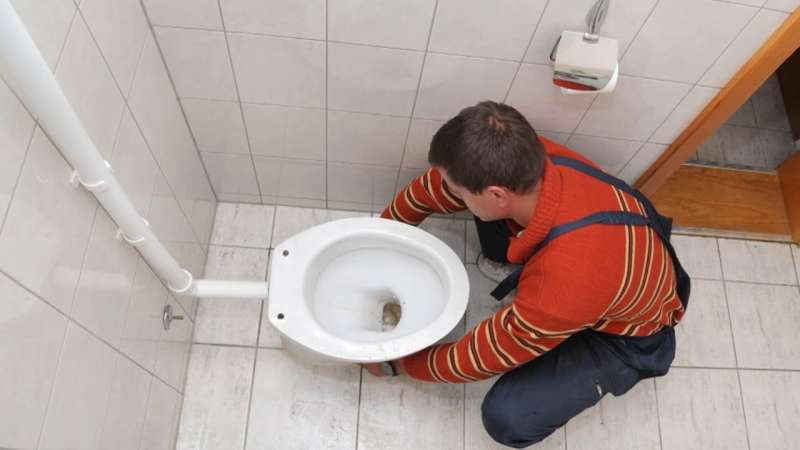
Setting up dishwashing machines, hot water heater (tank and tankless), waste disposal unit, and cleaning makers.
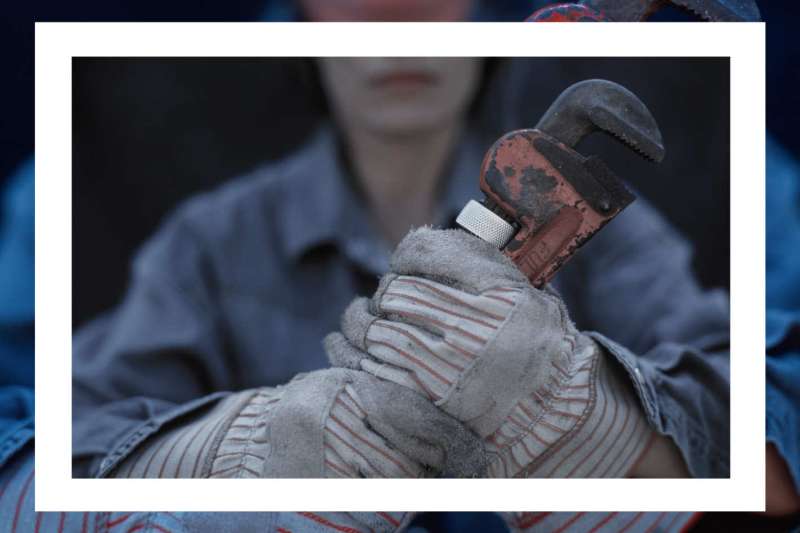
Making sure backflow prevention gadgets are working properly.
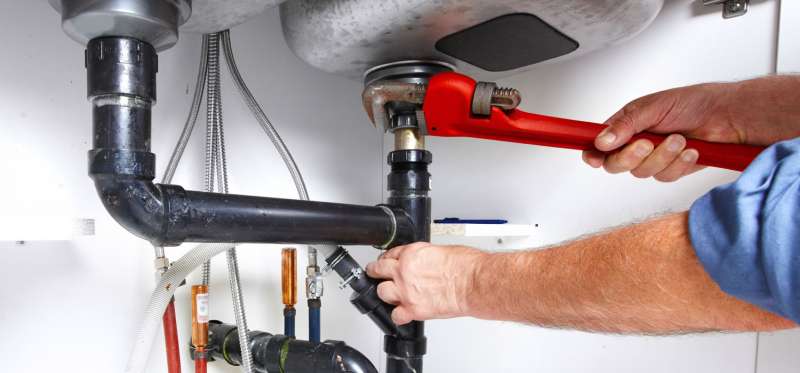
Moving or upgrading plumbing systems.
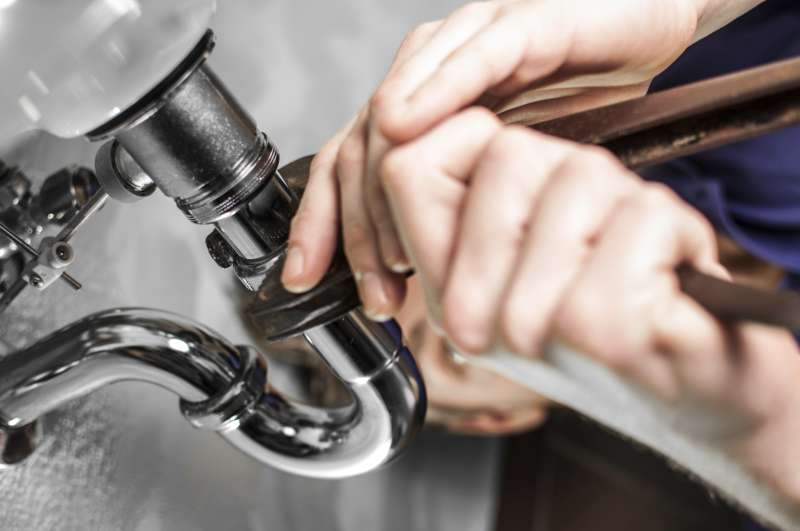
Guaranteeing plumbing systems fulfill regional policies.
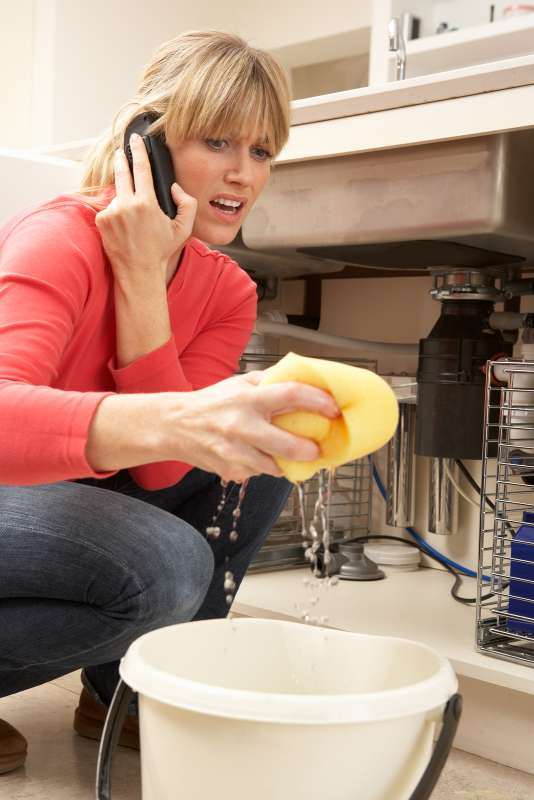
Immediate response to prevent flooding and water damage.

Cleaning clogs in sinks, toilets, showers, and drain lines.
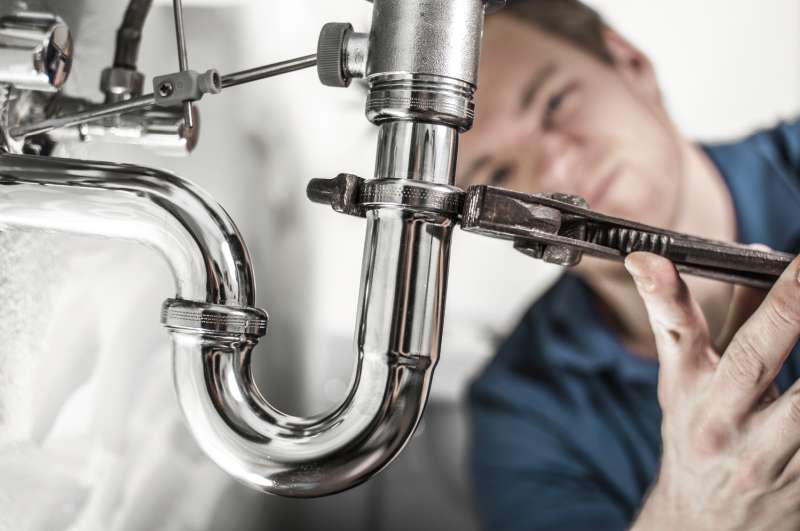
Routine cleansing to prevent clogs and keep circulation.
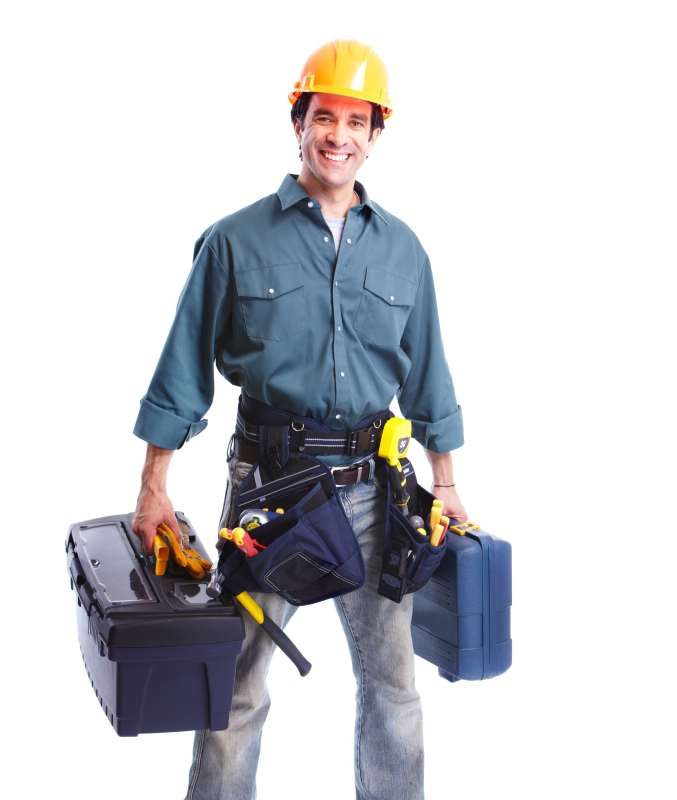
Fixing malfunctioning faucets, toilets, and other components.
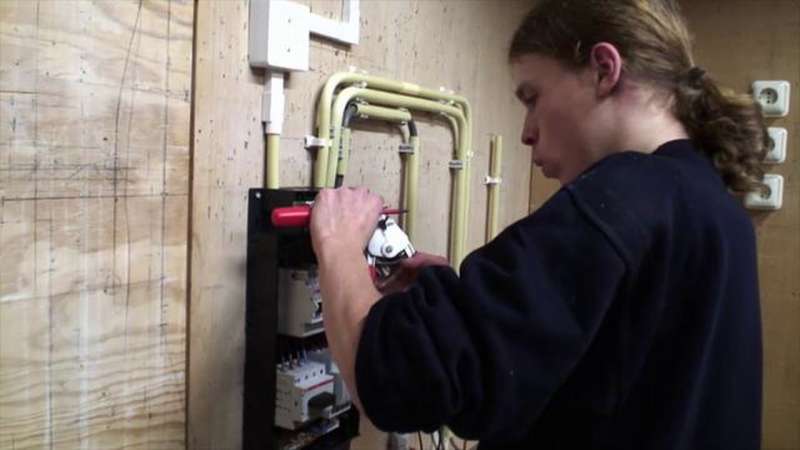
Installation of sinks, faucets, toilets, bathtubs, and showers.
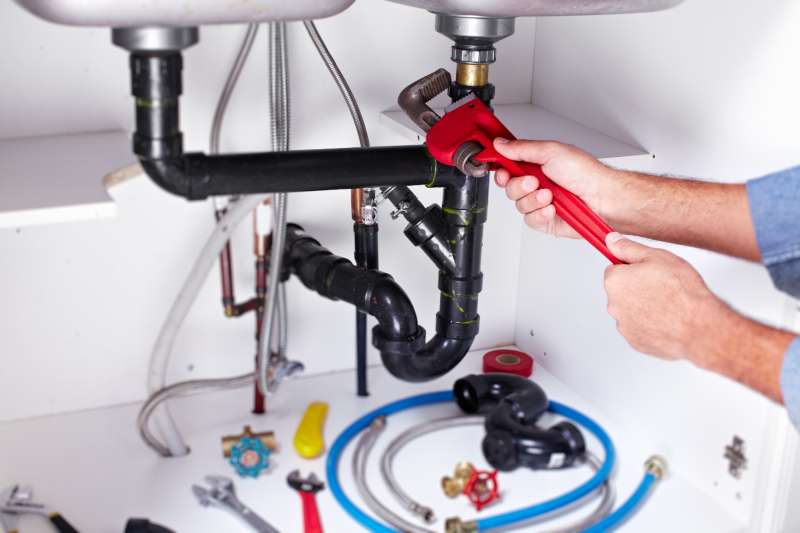
Emergency detection and repair to prevent risks.
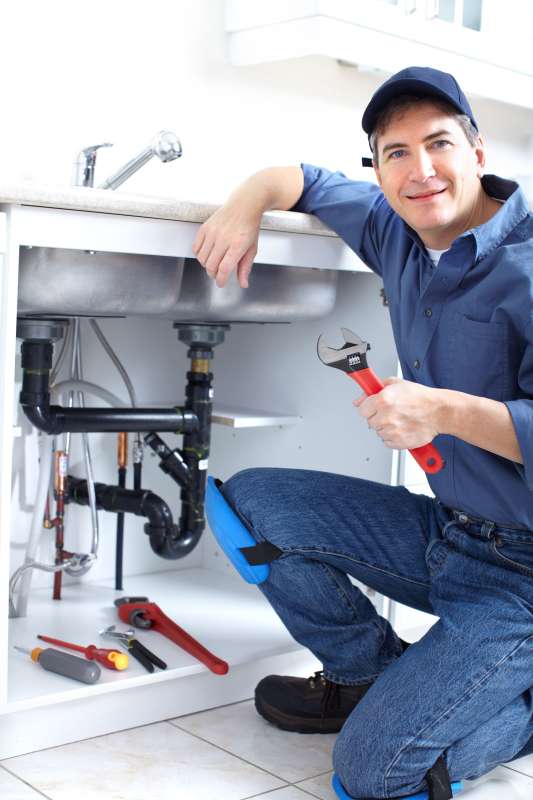
Repairing gas leakages and guaranteeing correct gas line functioning.
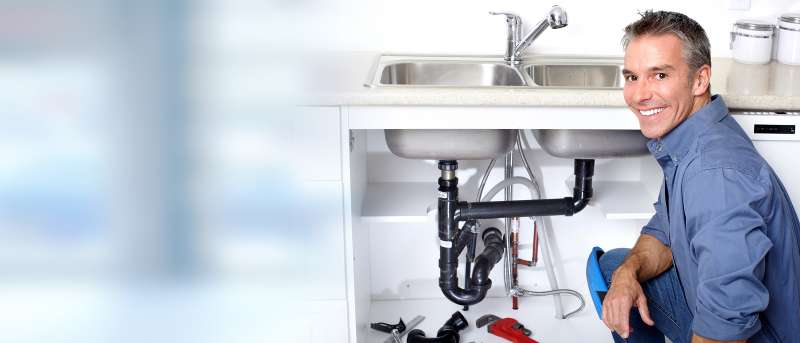
Setting up systems for reusing household wastewater.
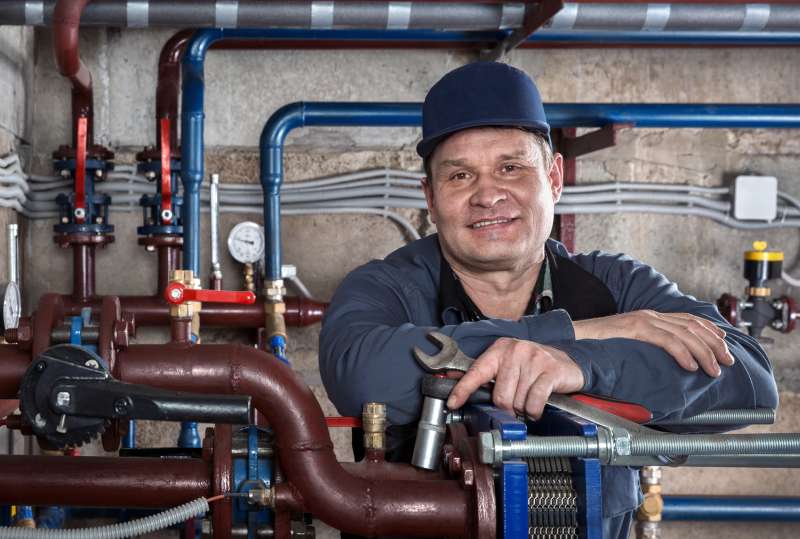
Installing and keeping radiant flooring heating unit.
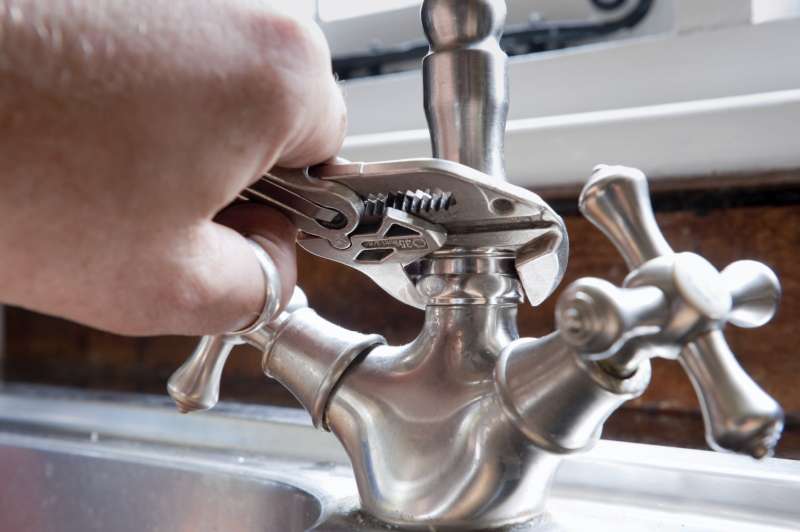
Specialized piping for factories or commercial settings.
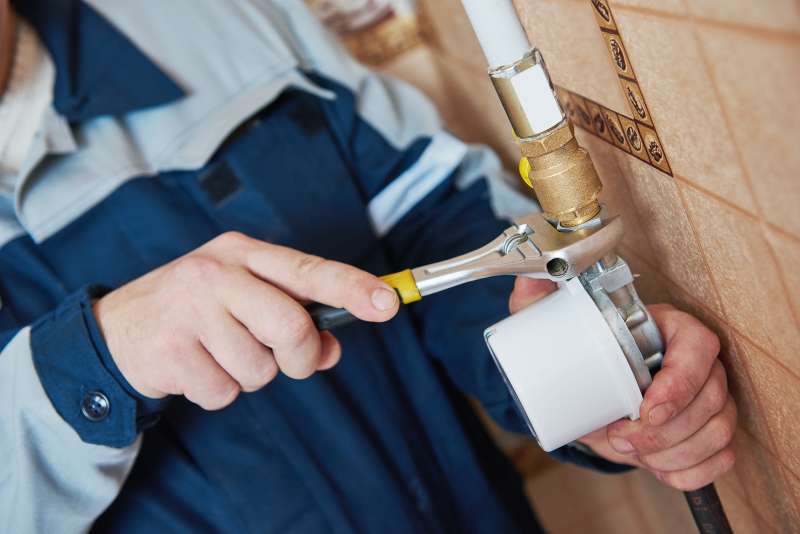
Setting up and maintaining outdoor irrigation.
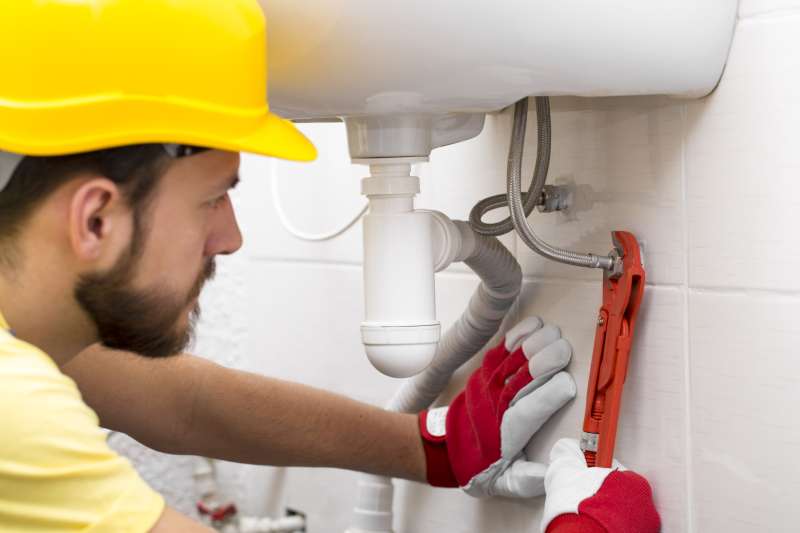
Plumbing systems for new structures or remodellings.
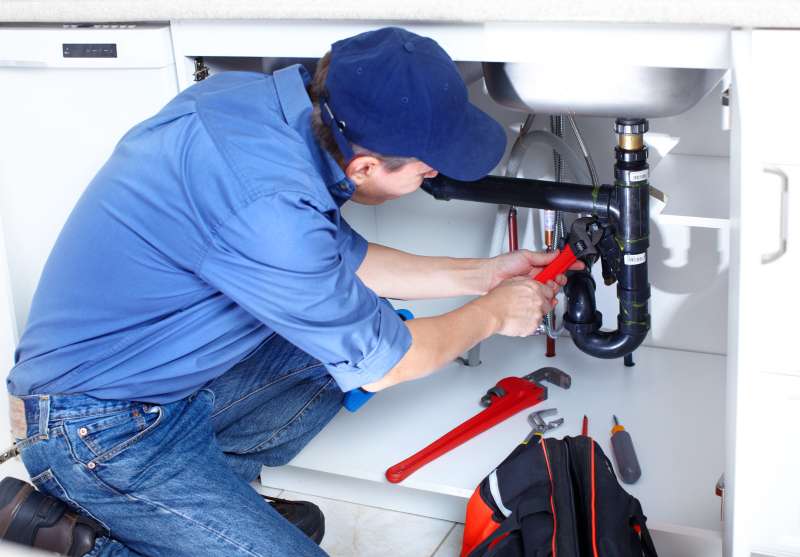
Repairing leaks in pipes, faucets, toilets, and appliances.
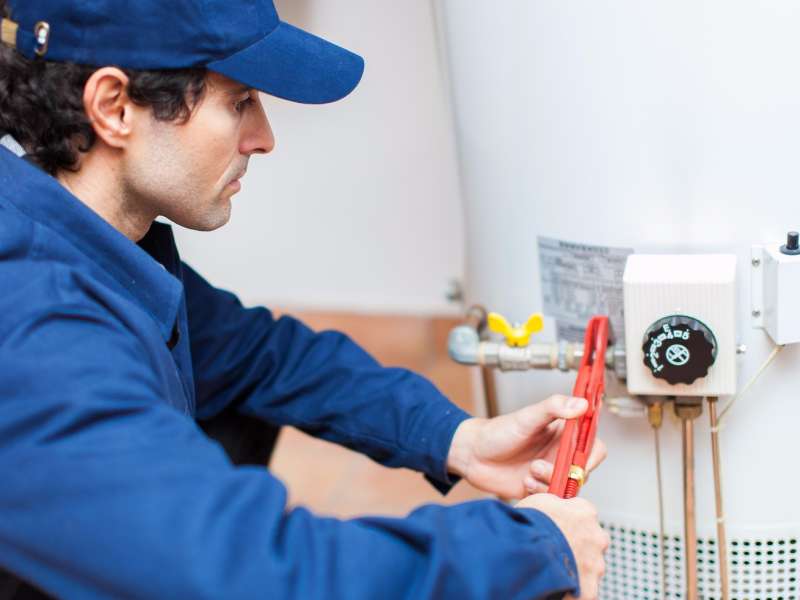
Quick resolution of severe obstructions and overflows.
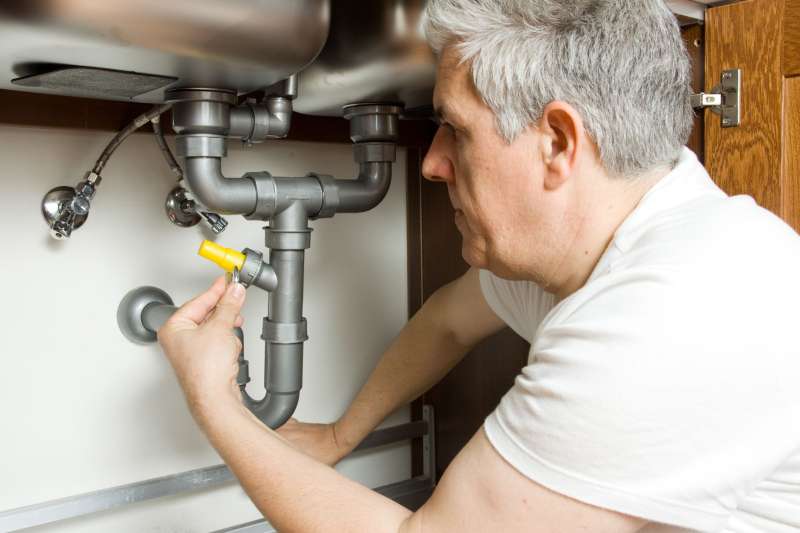
Using cams to check pipes for damage or clogs.
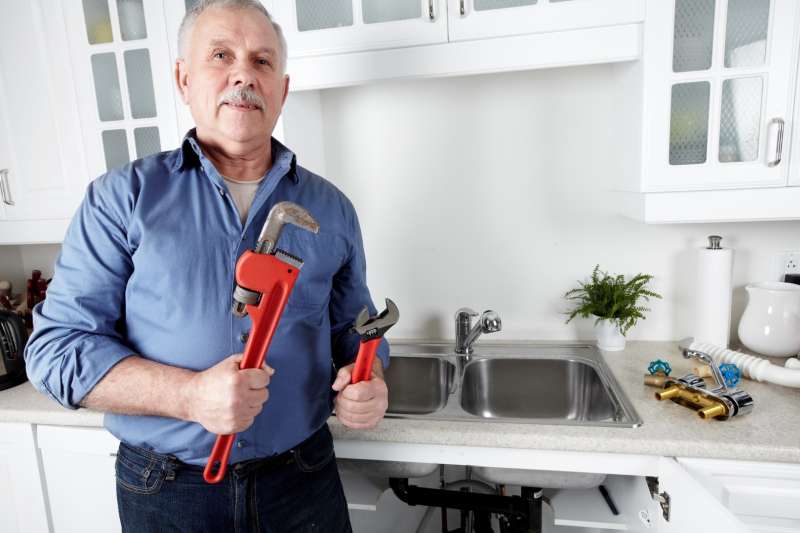
Fixing or changing burst, corroded, or damaged pipelines.
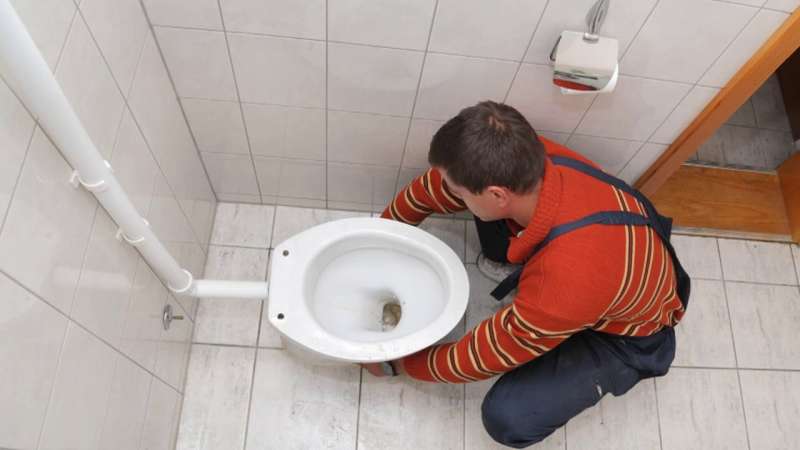
Setting up brand-new piping systems for water, gas, and drain.
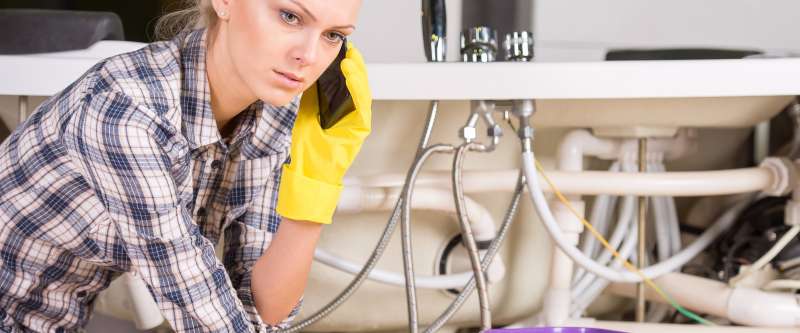
Evaluating plumbing systems before buying residential or commercial property.
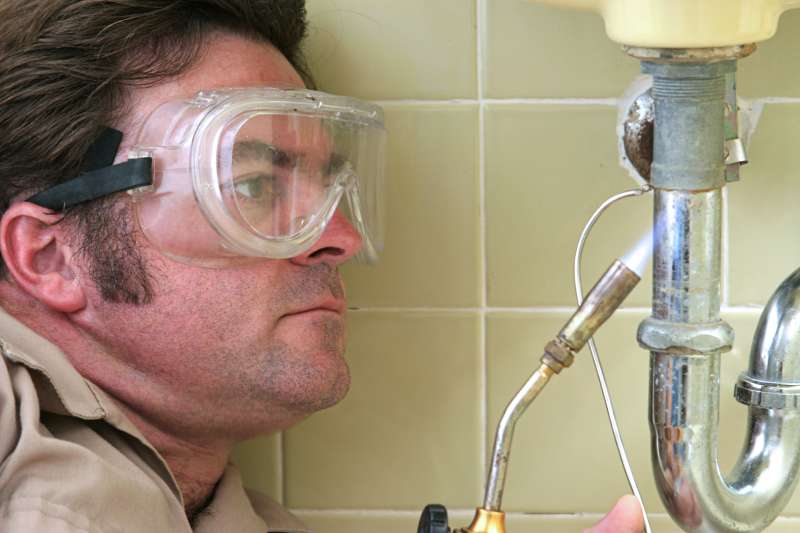
Setting up systems to gather and make use of rainwater.
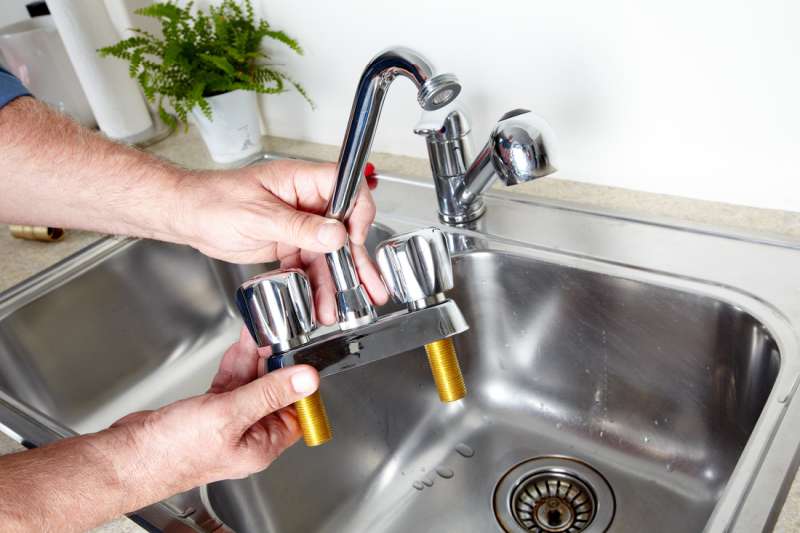
Continuous maintenance services for organizations.
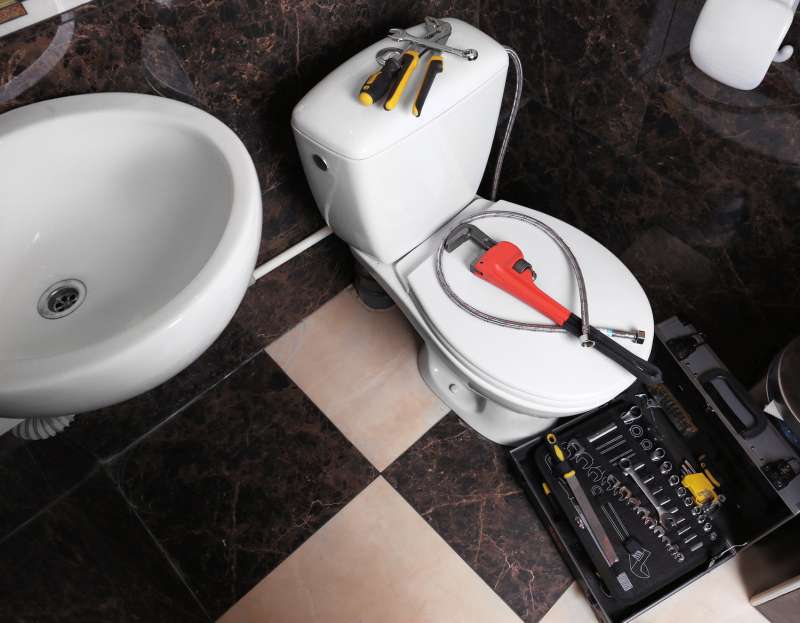
Installing, repairing, and maintaining septic tanks.
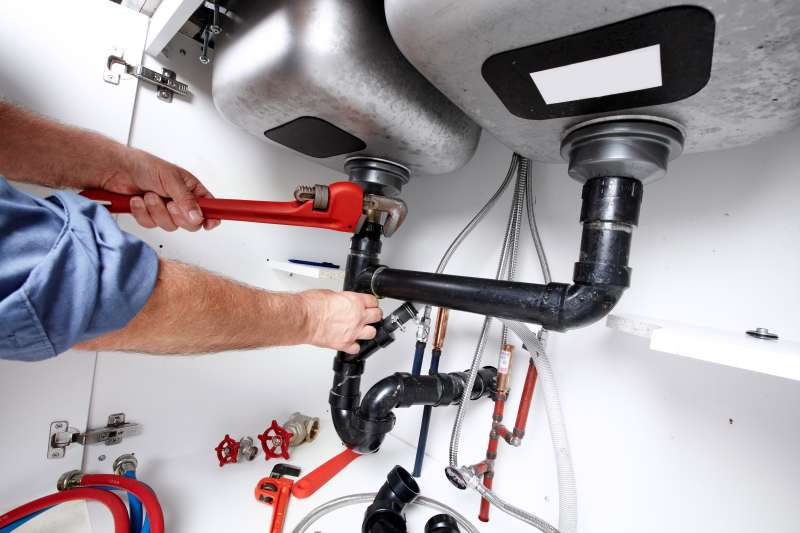
Handling groundwater in basements.
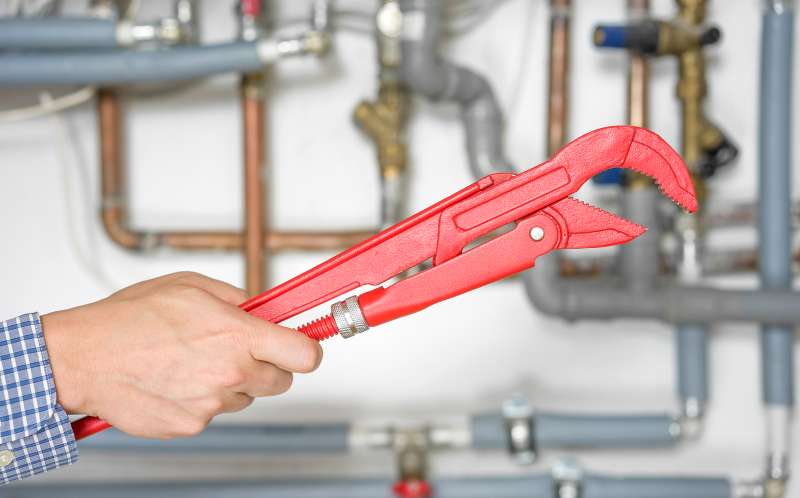
Setting up water-efficient or contemporary fixtures.
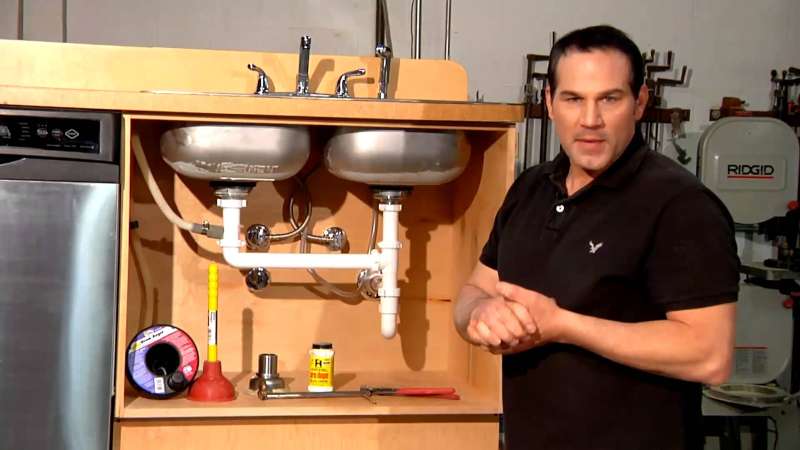
Encouraging on water-saving techniques and items.
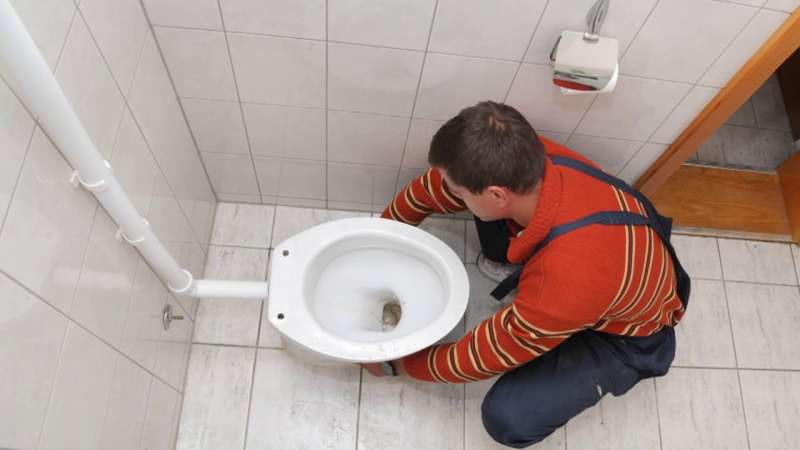
Installing water softeners and filtration systems.
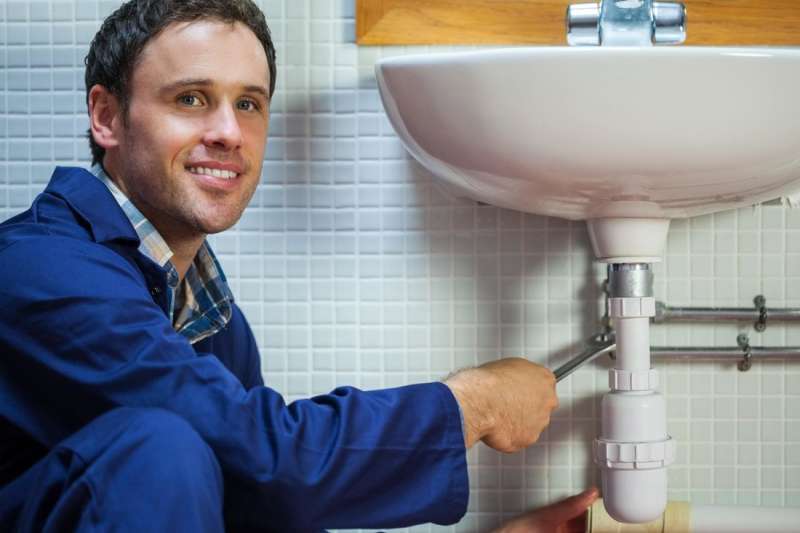
Flushing and inspecting hot water heater to extend life-span.
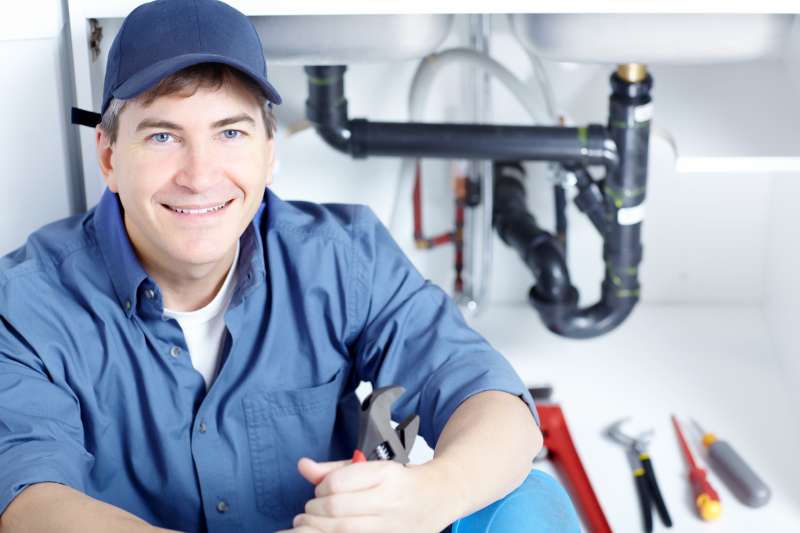
Addressing issues with temperature, leaks, or failure to heat water.
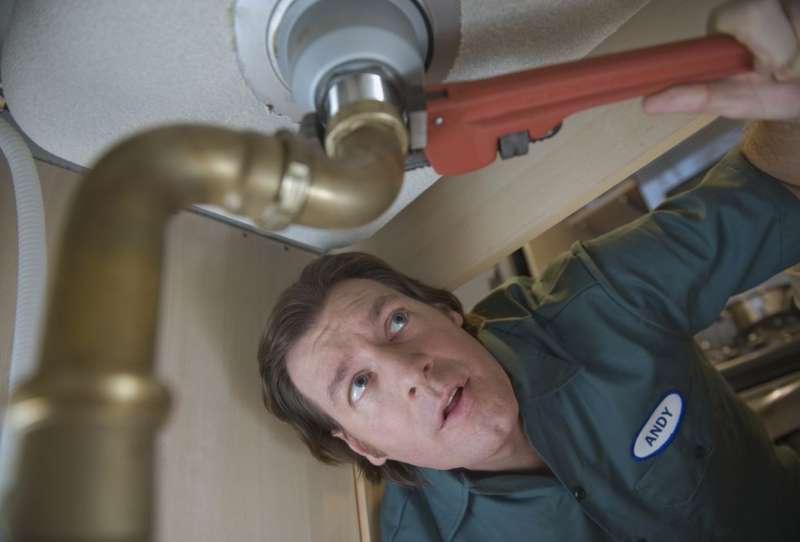
Safeguarding basements or other areas from water intrusion.
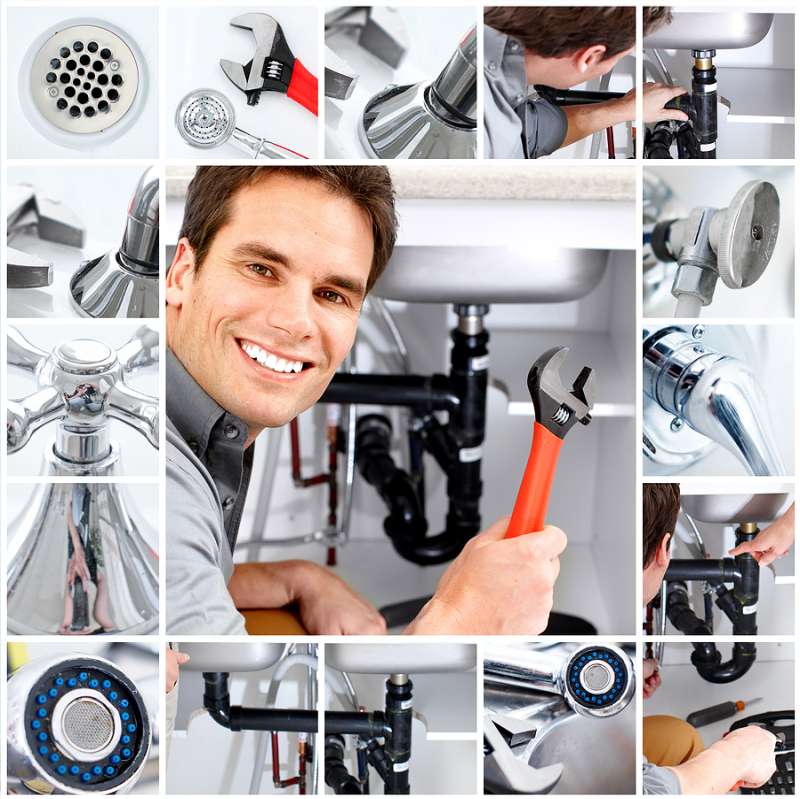
Immediate attention to prevent contamination and health risks.